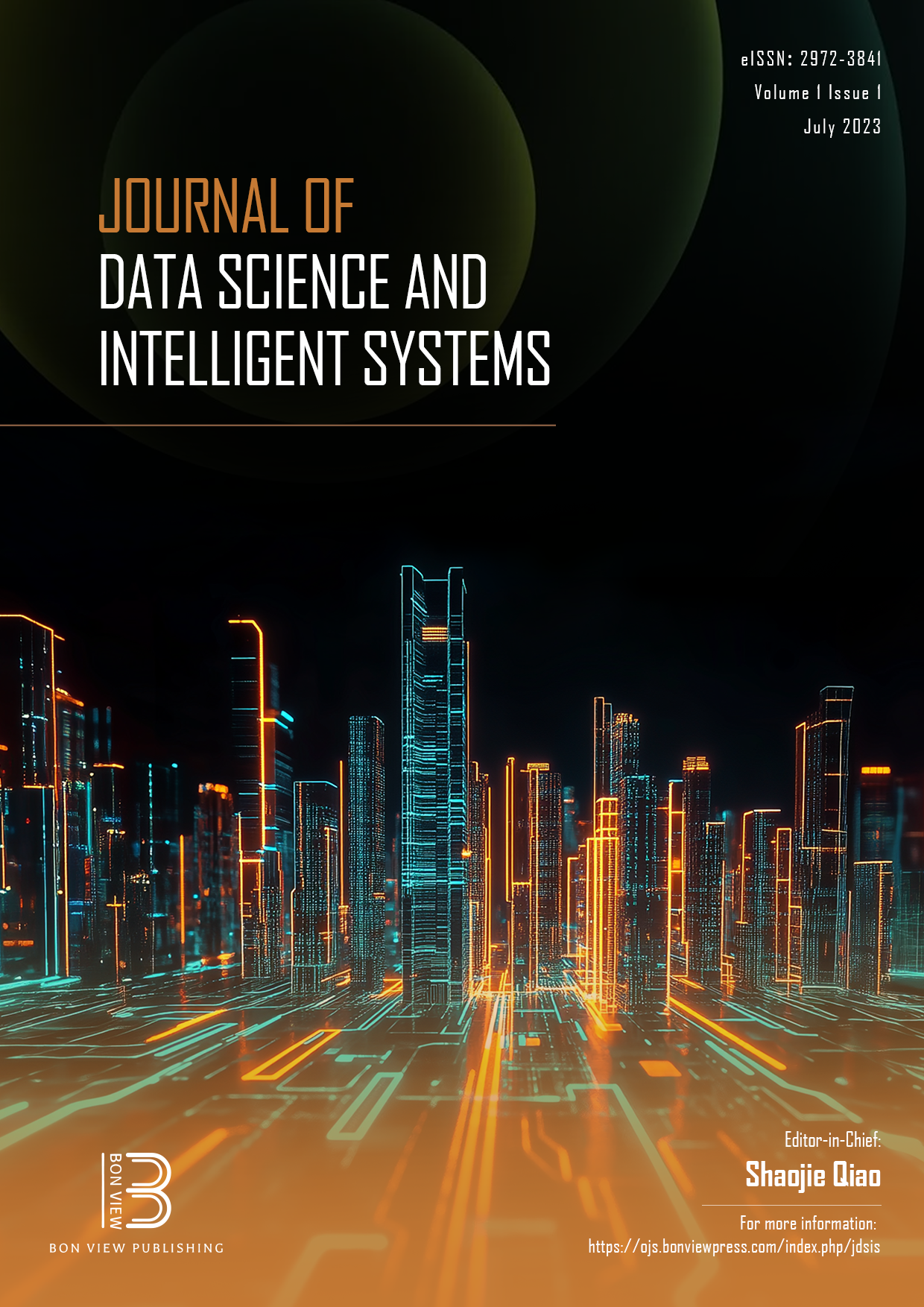Fuzzy Logic and Neural Network-based Risk Assessment Model for Import and Export Enterprises: A Review
DOI:
https://doi.org/10.47852/bonviewJDSIS32021078Keywords:
customs risk assessment, fuzzy logic, neural network, risk managementAbstract
With the rapid growth in foreign trade business and the continuous expansion of customs functions, the amount of data obtained by customs monitoring systems has drastically increased, and risk management techniques have been widely used in the customs field. Risk assessment, as an important part of risk management, can help departments of customs to understand the possibility and impact of risks in advance. Assessing the risks of import and export enterprises is an important task for customs. However, the assessment is challenging because of the large-scale of data, rapidly changing information, and inherent fuzziness. To address this issue, this survey summarizes the existing risk assessment methods, combines the preliminaries of fuzzy logic and neural networks, and applies the representative risk assessment models in the risk assessment of import and export enterprises. The risk assessment models based on fuzzy logic and neural networks can handle vague and uncertain data and improve the efficiency of risk assessment through adaptive and learning capabilities. The combination of theoretical and simple case suggests that the risk assessment method based on fuzzy logic and neural networks has good feasibility for import and export enterprises and provides valuable references for developing effective risk assessment models of import and export enterprises in the future.
Received: 30 April 2023 | Revised: 14 June 2023 | Accepted: 16 June 2023
Conflicts of Interest:
Shaojie Qiao is the Editor-in-Chief for Journal of Data Science and Intelligent Systems and was not involved in the editorial review or the decision to publish this article. The authors declare that they have no conflicts of interest to this work.
Downloads
Published
Issue
Section
License
Copyright (c) 2023 Authors

This work is licensed under a Creative Commons Attribution 4.0 International License.
How to Cite
Funding data
-
Sichuan Province Science and Technology Support Program
Grant numbers 2022NSFSC0511 -
Sichuan Province Science and Technology Support Program
Grant numbers 2021JDJQ0021 -
Sichuan Province Science and Technology Support Program
Grant numbers 2022YFG0186 -
Sichuan Province Science and Technology Support Program
Grant numbers 2023YFG0027 -
National Natural Science Foundation of China
Grant numbers 62272066 -
National Natural Science Foundation of China
Grant numbers 61962006 -
Humanities and Social Science Fund of Ministry of Education of China
Grant numbers 22YJAZH088


